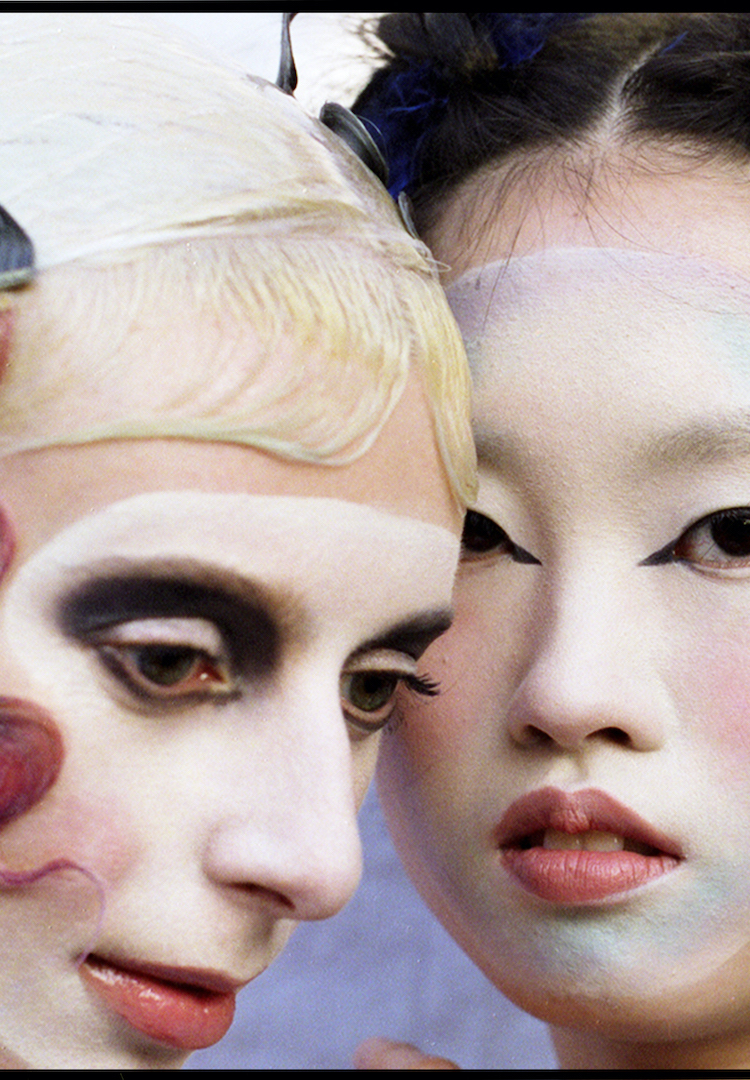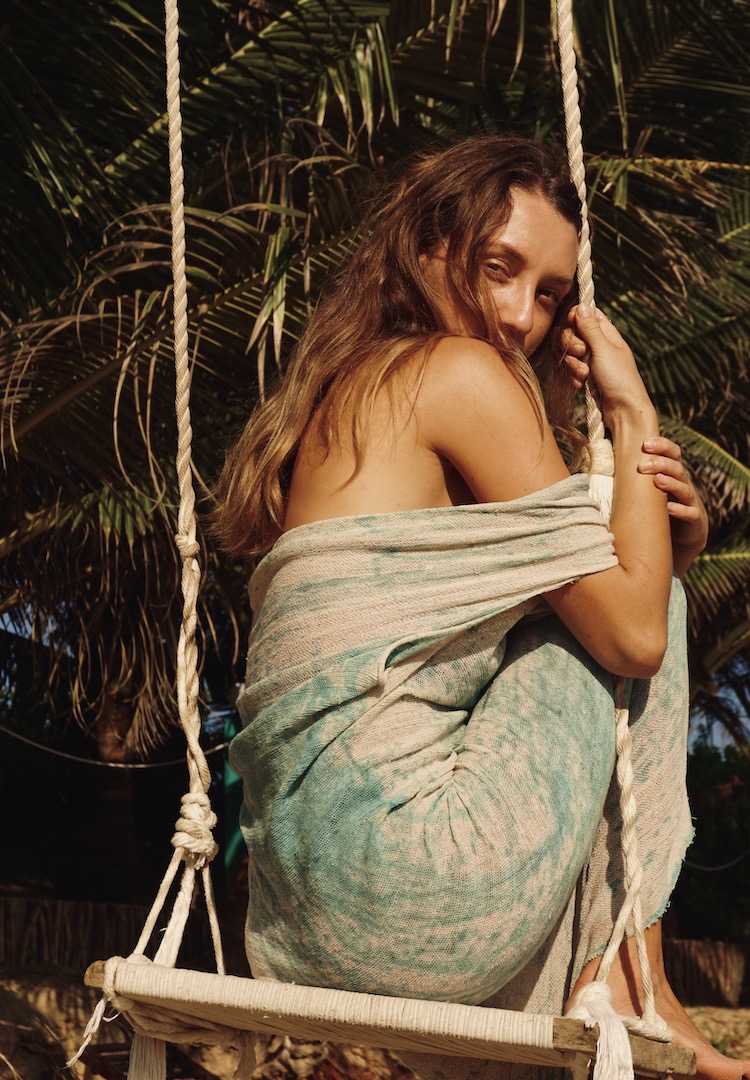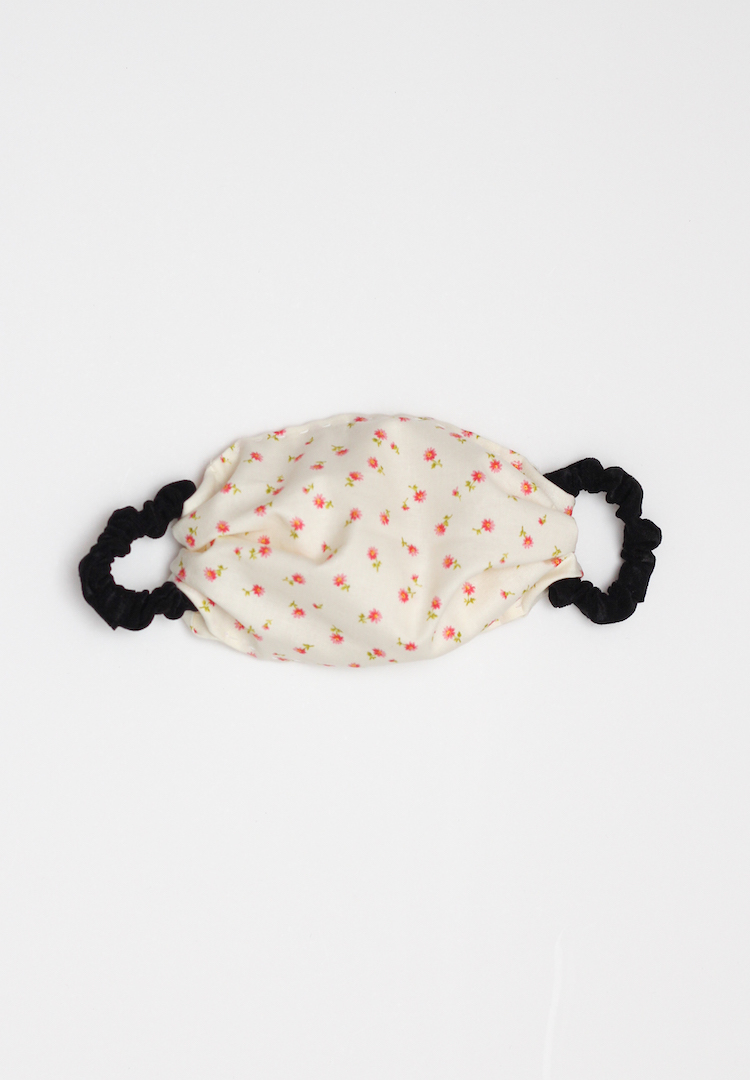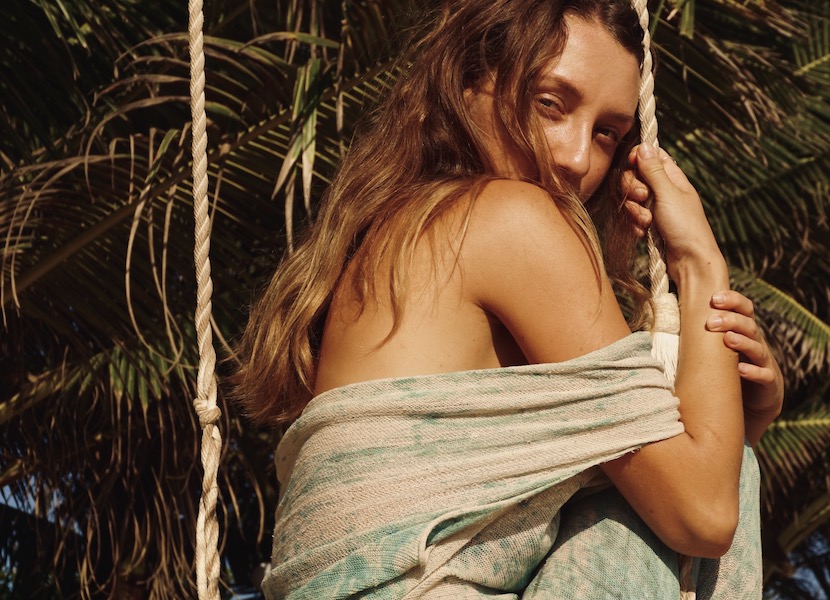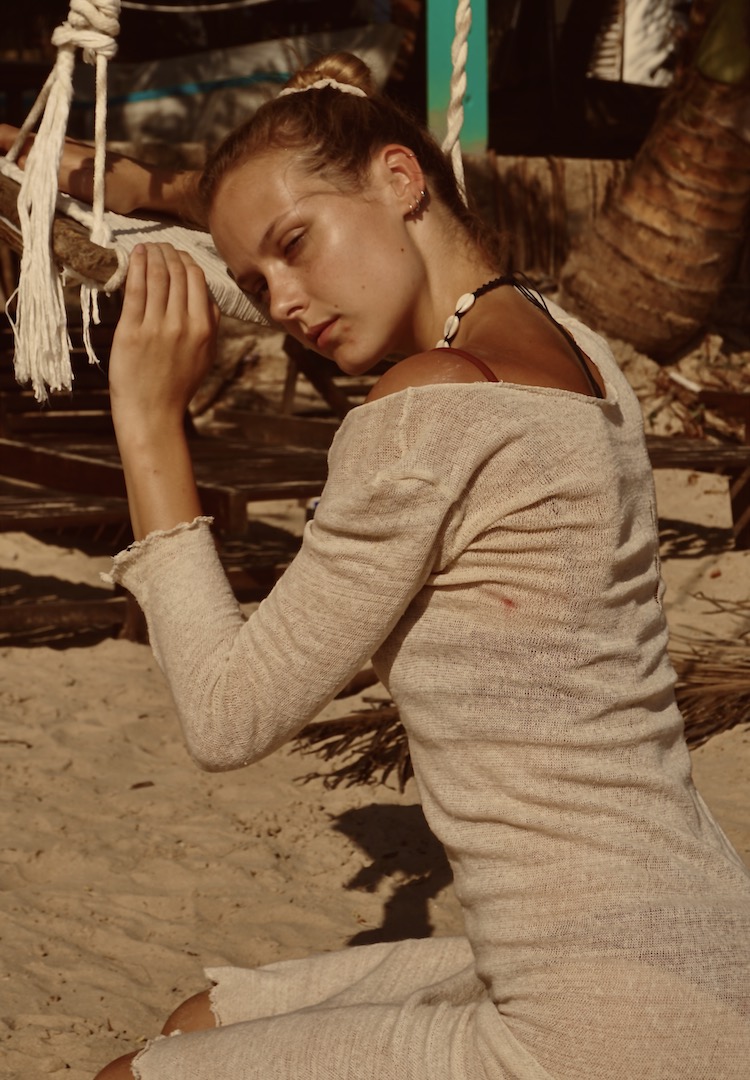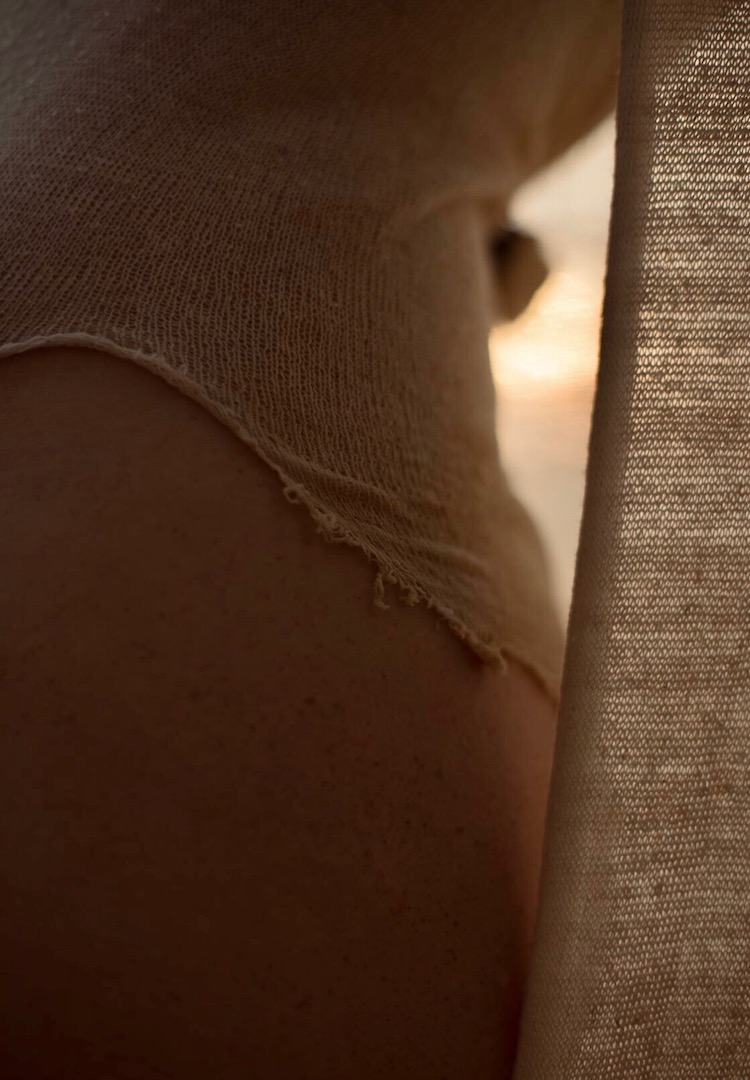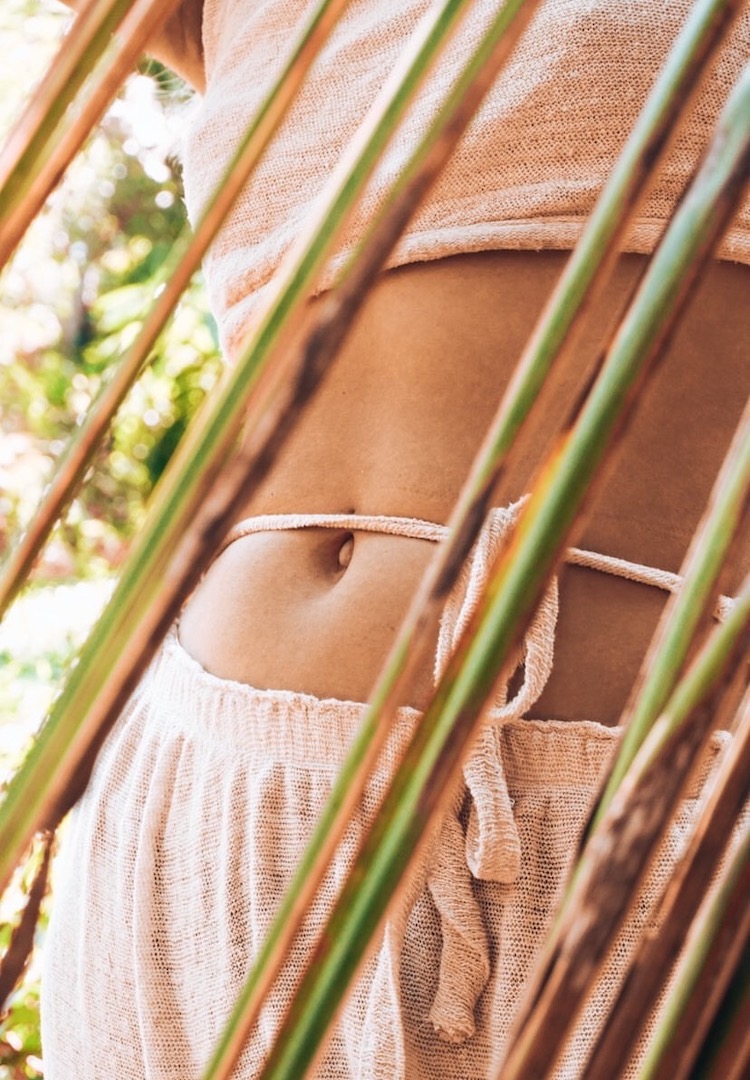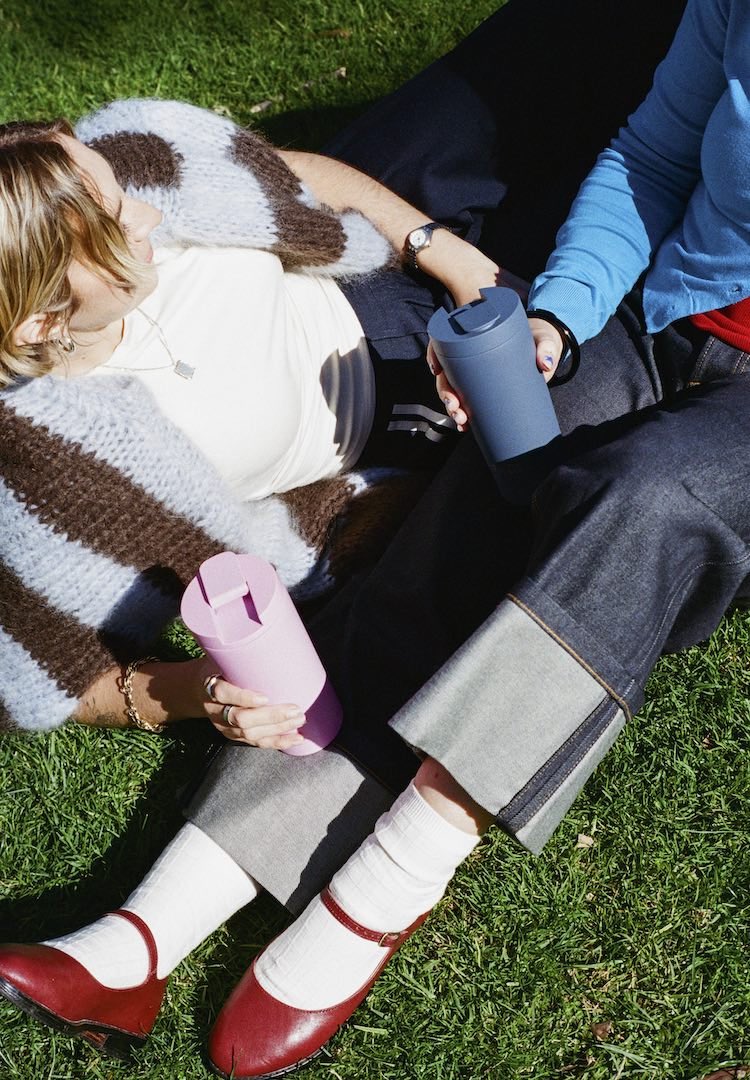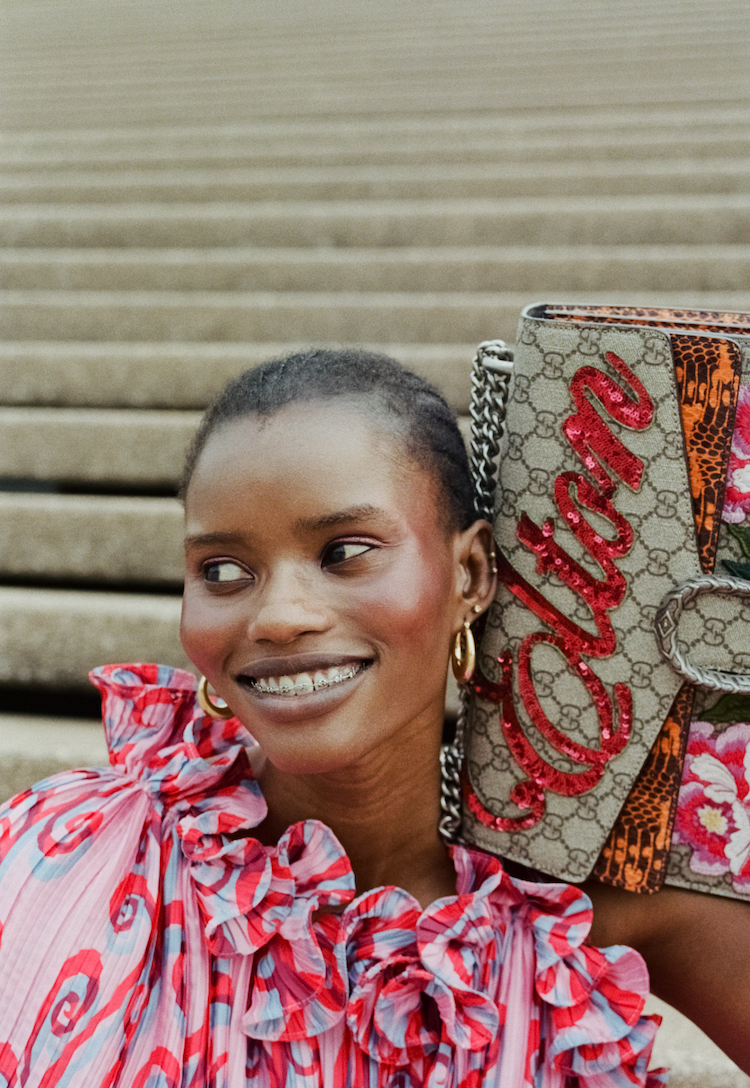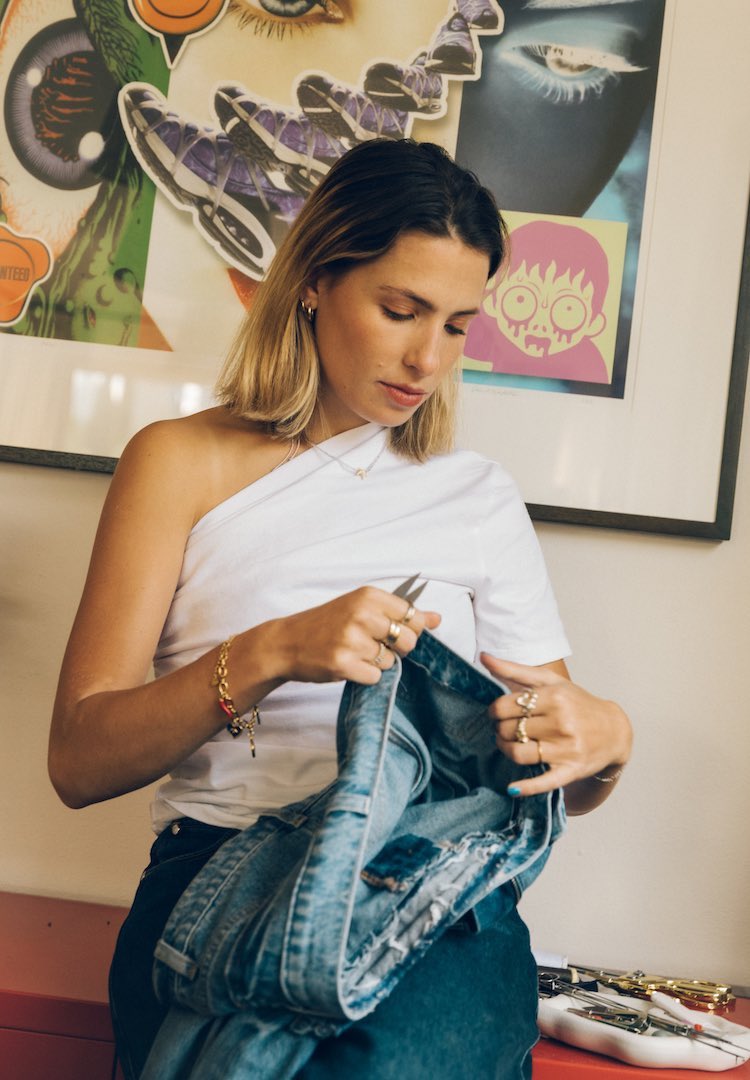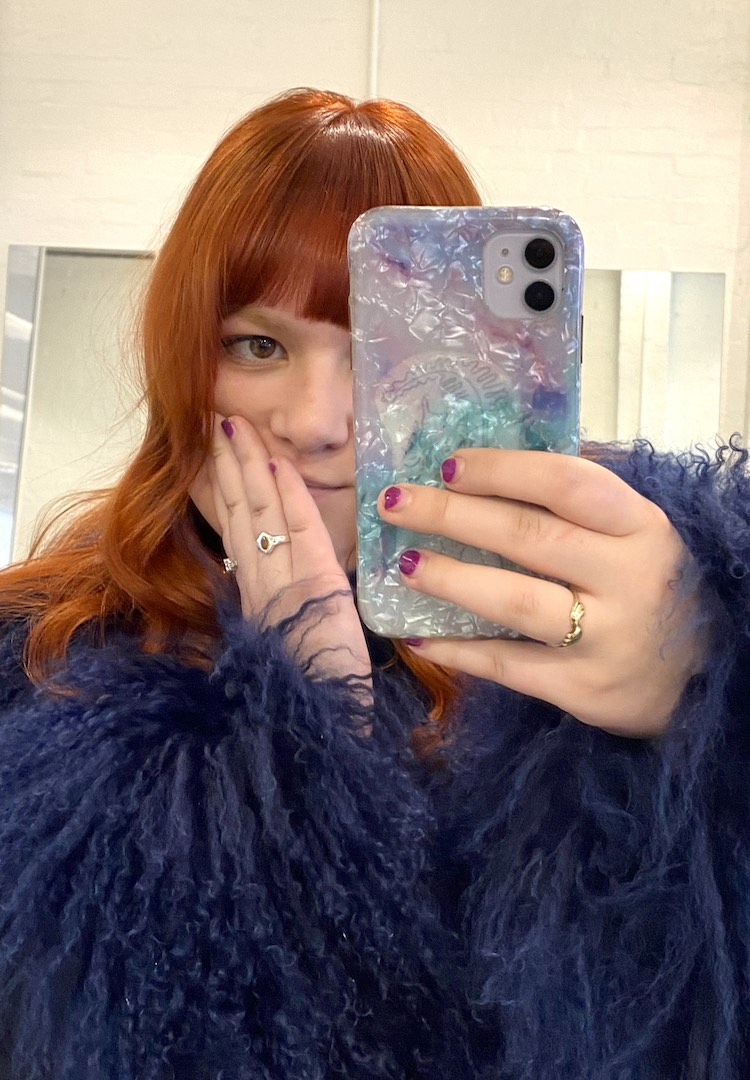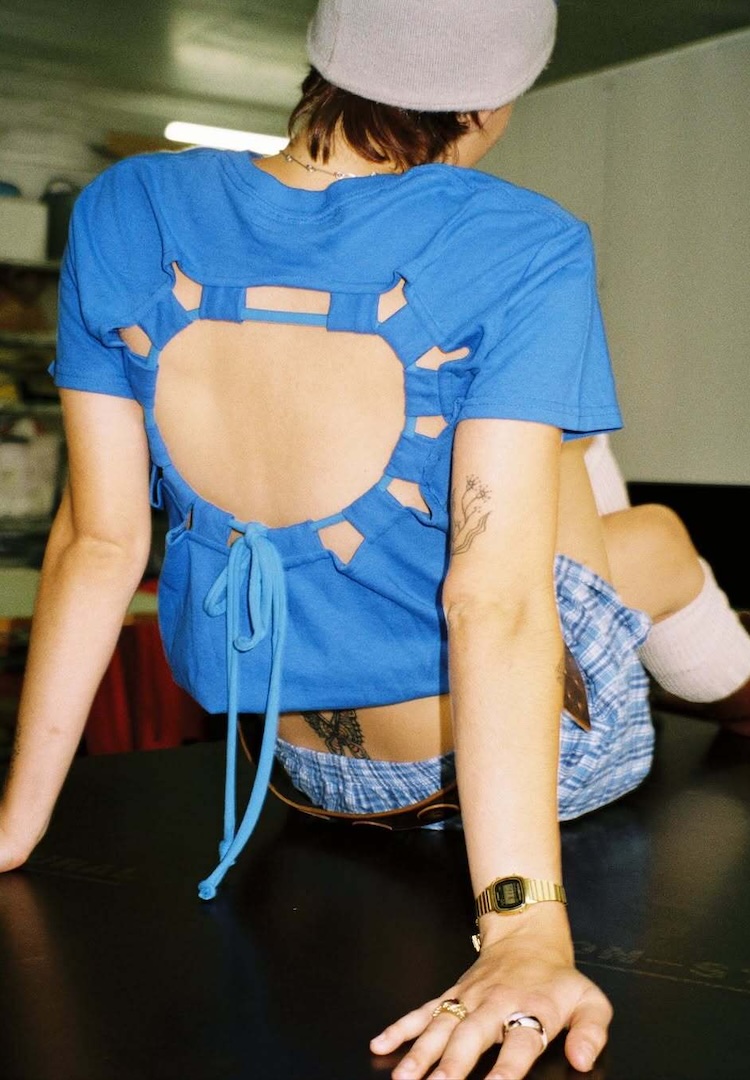Nullarbor Collective is an Australian label prioritising integrity and ethics over sales
WORDS BY RACHAEL AKHIDENOR
Putting women first and setting itself apart in the process.
What would a fashion label look like if it was centred around empowering the women of the world? Not in the trend-driven way often pushed across the sector – that sees ‘Feminist’-branded T-shirts manufactured by underpaid factory workers, the large majority of whom are women – but in a truly tangible manner, with production lines and product offerings that empower both creators and wearers.
Enter Nullarbor Collective, a conscious and ethical fashion label that values sustainability, creativity and empowerment, as much as it does design.
Launched a mere six months ago by Sydney-born film producer Winona Bedford, Nullarbor Collective has women at its heart. This starts with Winona’s mother. Winona would watch her make cotton dresses by hand in their own backyard and together, they would sell them at markets. Seeing this time-intensive process first-hand gave Winona a deep respect for the time and care involved in creating clothing. Further, it instilled in her a passion for quality construction and design.
Later, while travelling through Dubai and Sri Lanka, Winona learnt she could produce clothing in an ethical way outside of her own backyard. ”I found these older women, Sri Lankan women, who had these sewing machines in their houses and I started working with them,” she says.
Together with these women, Winona set up two small production lines – one in Sri Lanka and another in India. Here, each of Nullarbor’s pieces are hand made by individual women, without factories or mass production. All the women involved are paid equally and fairly.
“I am conscious that each production line I do set up, in different places, has women with different cultural views, life experiences and values,” Winona explains. To be ethical, she believes, is to pay attention to these differences and to allow these women to influence the supply chain. In Sri Lanka, for example, as the lifestyle there is family-focused, the women work from home, creating quantities decided by them.
While this approach is important to Winona to sustain an ethical business, it’s not without its own challenges. “Sometimes, it’s hard when you get a big order from a boutique who wants everything now. But my approach is to never lose sight of [my vision].”
Winona makes every decision based upon reflection of her impact on this earth and empowering the people on it.
Each creation is hand made from organic, raw cotton materials. This cotton is hand-dyed by Winona using low-impact, sustainable dyes, then any excess dye or scraps are turned into new products, such as scrunchies and bags. “Every piece is used,” she comments. “Every piece of material, every piece of dye.”
Winona makes the point that Nullarbor Collective is designed to be both sustainable and ethical, and that this distinction is important. The concept of sustainability and being ethical are often conflated. “You could have a product that is organic and cotton and beautiful, but is made in a sweatshop. How is that ethical? It’s not really – it’s just a sustainable product.”
Of course, in the fashion sphere, many definitions of ‘sustainability’ have now expanded to apply to both environmental and human cost, covering the sustainability of working conditions and demands.
On top of her current business commitments, Winona is currently in the process of directing a documentary telling the Nullarbor Collective story. Set for release later this year, it sets out to increase transparency of the brand’s own supply chains while also educating and inspiring business owners to push for industry-wide, systemic change. Those interested should keep their eyes on the brand’s social channels for updates.
In an increasingly tough retail climate, it can be trying for brands to prioritise integrity and values over sales. Yet it’s precisely this approach that is setting Nullarbor Collective apart.
You can purchase Nullarbor Collective’s creations here, with 15 per cent of all profits donated to orphanages in the local villages where the brand’s makers are based.

